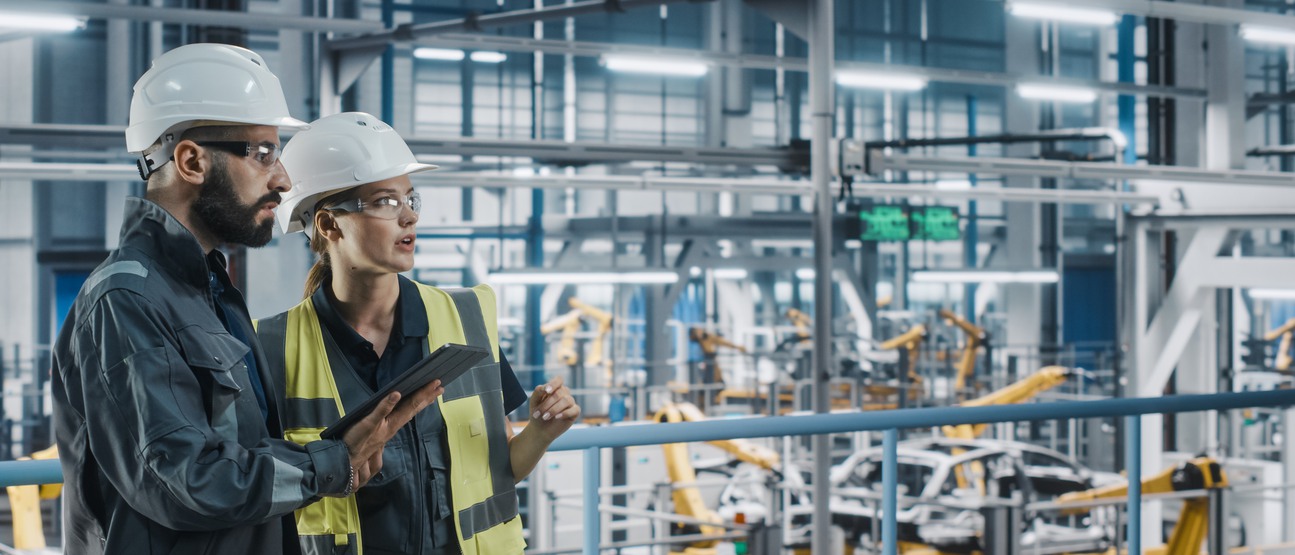Erik Billing
School of Informatics


The EWASS project is going to assist the industry in ensuring a sustainable work-life by empowering human workers during assembly of wire harnesses by using simulations and robots.
Electrification of vehicles is the primary way for the industry to help reach the goal of net-zero carbon emissions. Electrification in vehicles results in a growing number of electrical connections, resulting in increasing numbers of monotonous and strenuous manual assemblies of wire harnesses. Many cables are stiff and require large muscle force during assembly. Wire harness installations are among the most common causes of ergonomic issues in plants and contribute to personal suffering and high medical costs.
As a result, the shift towards electrification negatively impacts the workforce regarding gender equality, age distribution, and the long-term sustainability of the work environment. Technologies like collaborative robots, known as cobots, can empower the assembly workers by assisting in existing operations. However, there are significant challenges to resolve before successfully introducing cobots in the assembly.
Besides common challenges with cobots such as productivity, safety, and achieving smooth and trustful cooperation with the operator, the design of harnesses and cables also requires special attention. These challenges can be handled already in the design and manufacturing planning phase with the help of virtual tools by simulating the entire operation, including humans, cobots, and wire harnesses.
However, simulating and emulating a human-robot collaboration operation of a flexible wire harness is hard, considering the deformable materials and irregular shapes of wire harnesses and the introduction of cobots in a moving assembly line with high human involvement.
EWASS aims to address and solve these challenges with the help of world-class competence and facilities in collaboration with consortium partners.The project's goal is to assist the industry in ensuring a sustainable work-life by empowering human workers during assembly of wire harnesses by using simulations and robots.
Coordinator of the project
Dan Lämkull, Volvo Cars
dlamkull@volvocars.com
+46 73 076 76 99




